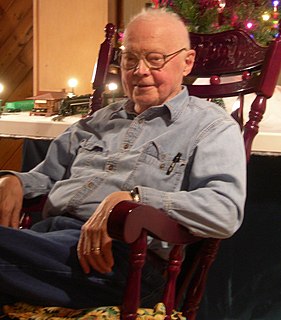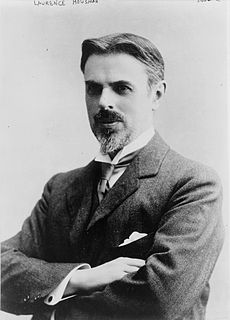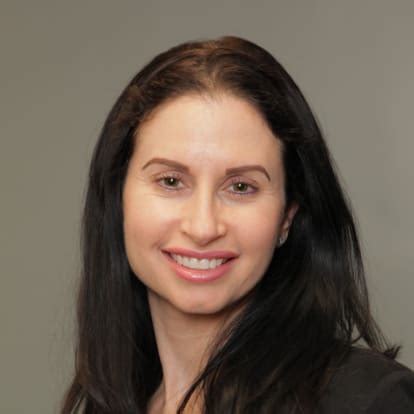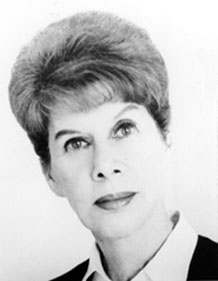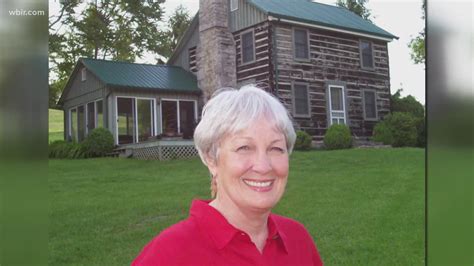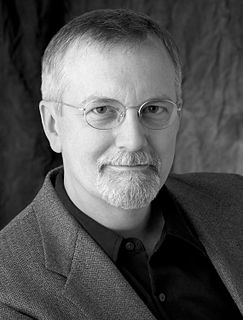A Quote by Fred Saberhagen
I wrote speculative fiction because I loved to read it, and thought I could do better than some of the people who were getting published.
Related Quotes
At some of the darkest moments in my life, some people I thought of as friends deserted me-some because they cared about me and it hurt them to see me in pain; others because I reminded them of their own vulnerability, and that was more than they could handle. But real friends overcame their discomfort and came to sit with me. If they had not words to make me feel better, they sat in silence (much better than saying, "You'll get over it," or "It's not so bad; others have it worse") and I loved them for it.
The Booker thing was a catalyst for me in a bizarre way. It’s perceived as an accolade to be published as a ‘literary’ writer, but, actually, it’s pompous and it’s fake. Literary fiction is often nothing more than a genre in itself. I’d always read omnivorously and often thought much literary fiction is read by young men and women in their 20s, as substitutes for experience.
If the bible were published as fiction, no reviewer would give it a passing grade. There are some vivid scenes and quotable phrases but there's no plot, no structure, a tremendous amount of filler and the characters are painfully one dimensional. Whatever you do, don't read the bible for a moral code. It advocates prejudice, cruelty, superstition and murder. Read it because we need more atheists.
I didn't really think I would be a musician. I always thought I'd be a writer. I wanted to be a writer in college, but I thought I could be a better musician. I loved the process of writing music and lyrics more than I loved the process of sitting at my computer and writing. Because of that, I thought I would be a better musician than a writer.
Most of what I do is science fiction. Some of the things I do are fantasy. I don't like the labels, they're marketing tools, and I certainly don't worry about them when I'm writing. They are also inhibiting factors; you wind up not getting read by certain people, or not getting sold to certain people because they think they know what you write. You say science fiction and everybody thinks Star Wars or Star Trek.
